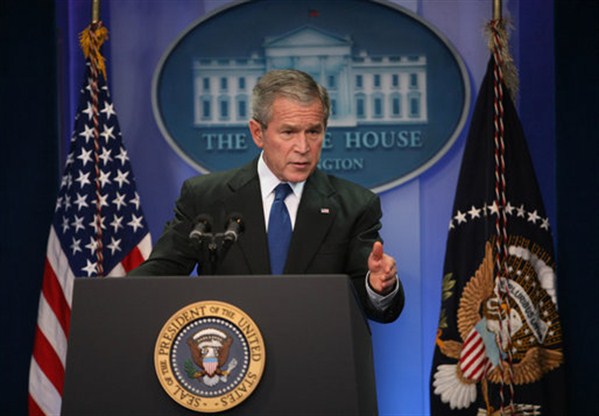President George W. Bush has been dismissed as a lame duck, but it appears that significant elements of the doctrine that bears his name will endure long after he leaves the White House.
Although we haven't heard much about the Bush Doctrine in recent years, its impact on American foreign policy—both positive and negative—is as significant as it is misunderstood.
The doctrine is generally associated with the preventive war against Iraq, but it has more than one component. The first was unveiled during Bush's address to a joint session of Congress on Sept. 20, 2001, long before the U.S. swept into Iraq. "From this day forward," Bush explained, "any nation that continues to harbor or support terrorism will be regarded by the United States as a hostile regime."

